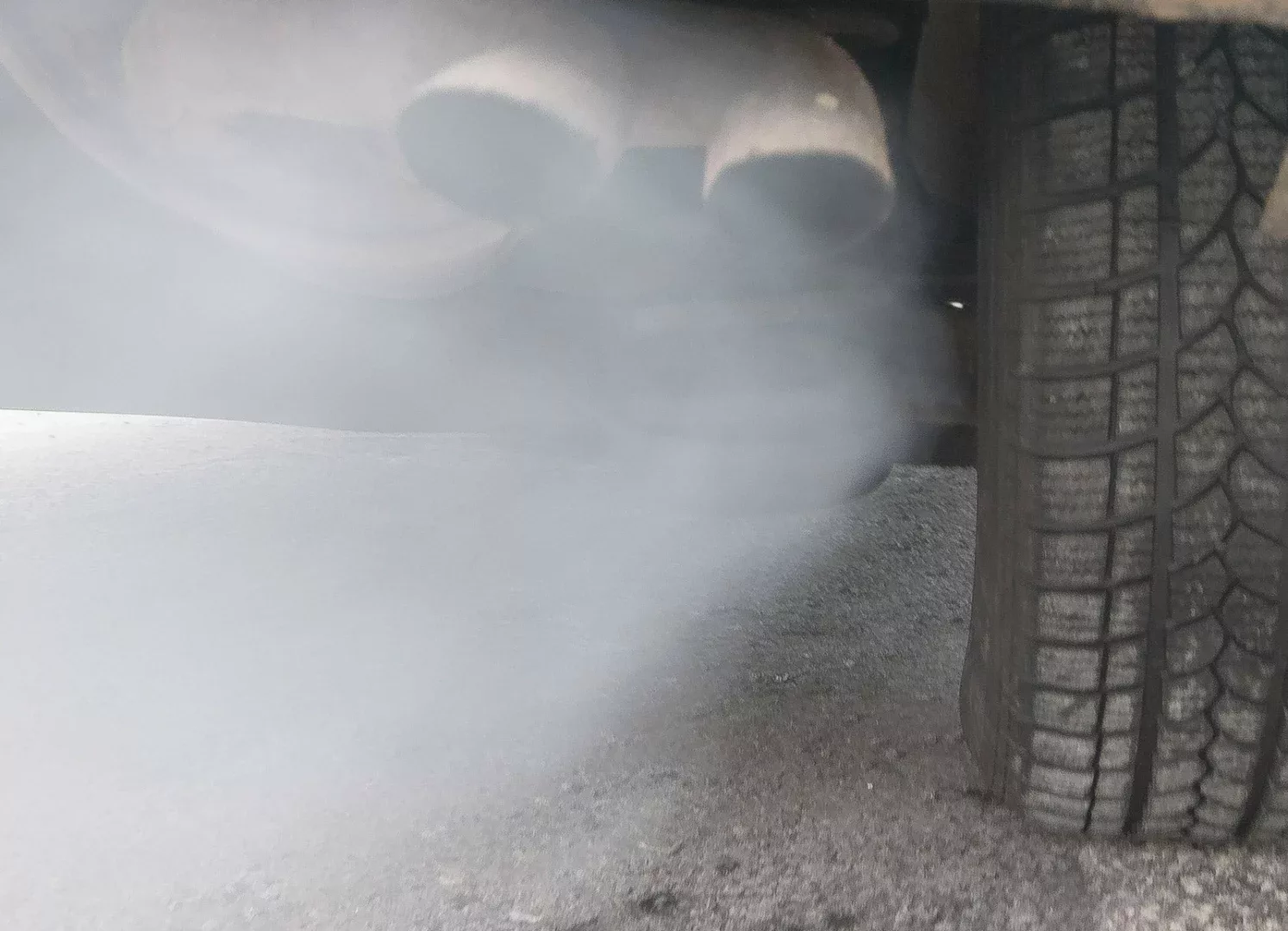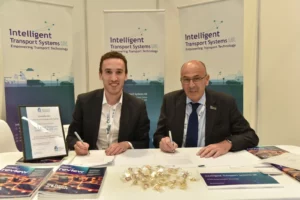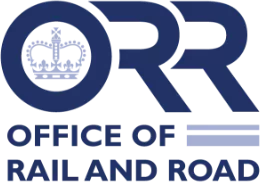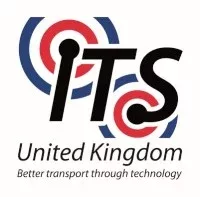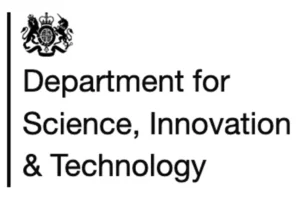The Chair of the UK’s Intelligent Transport Society says the Government’s new Transport Decarbonisation Plan which commits to net-zero transport by 2050 is to be welcomed, but that opportunities exist right now to make better use of transport technology, particularly as the transition to green modes will take time.
Ryan Hood of TRL said “Climate change is the defining challenge of our generation – we must all do what we can, as quickly as we can, to limit the impact and support the transition to Net Zero. We have shown through the pandemic, how our towns, cities and transport systems can be rapidly adapted to prioritise walking and cycling. We can do the same again to support decarbonisation, and ITS can enable us to achieve it faster”.
Mr Hood pointed out that the ITS sector is a key enabler for many of the commitments outlined in the plan, from the use of data and information to inform commuters, to enabling safe walking and cycling, helping to prioritise public transport and shared mobility e.g. bus priority and multi-occupancy lanes, a commitment to use dynamic kerbspace and delivery management, optimising traffic flows and reducing congestion and energy use, through to improved connectivity between transport modes.
“For many years, our members have been actively working to reduce the environmental impact of transport through the implementation of innovative technological solutions”, he said. “For example Green Light Optimised Speed Advisory technology has been shown to reduce emissions by up to 27%, the NEVFMA air quality and modelling-related traffic management solution shows how emissions can be reduced by 40% on some days, while average speed cameras are proven to improve air quality by reducing the amount of stop-start traffic on the roads.
“These are just three examples of ready-made solutions that can make a difference to our air quality and emissions right now with minimal infrastructure changes, and I hope that funding is available to implement these and other solutions our members have invented.”
Mr Hood pointed to ITS (UK)’s long commitment to using technology to reduce the environmental impact of transport. “We launched our Smart Environment Forum 20 years ago when hardly anyone talked about transport-related pollution,” he added. “We have recently launched our COP26 competition to show how intelligent transport systems can be used to reduce carbon emissions and are writing a white paper for the event, receiving contributions from a range of members with differing areas of expertise around emissions monitoring, transport modelling, traffic management and user behaviour.”
“ITS (UK) is committed to employing a variety of ITS solutions and innovations to enable decarbonisation objectives whilst recognising that key challenges and barriers exist on the journey to meeting those objectives,” added ITS (UK) Secretary General Jennie Martin. “Recently, through the launch of our Active Travel Forum, we are promoting the benefits of walking and cycling as greener and more environmentally-friendly mobility options along with integrating the trend of micro mobility.”
ITS (UK) will be writing more about the industry’s contribution to improving the environment in its “value of technology in transport” series, with a publication due in September.
The Transport Decarbonisation Plan focussed mainly on improving public transport and continuing to increase active travel, alongside plans to decarbonise all modes of domestic transport by 2050 and a commitment to end the sale of new diesel and petrol heavy goods vehicles by 2040.
(Picture – Yay Images)



